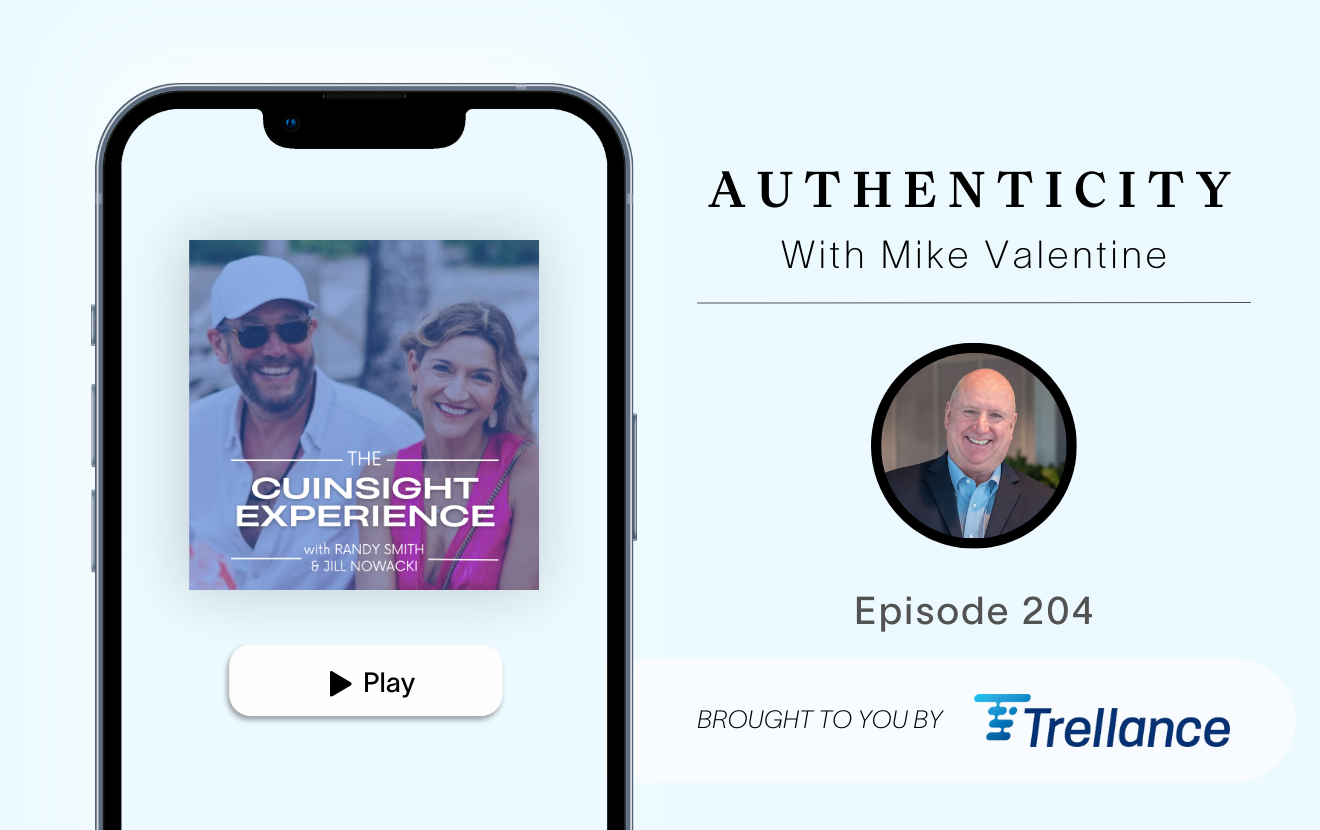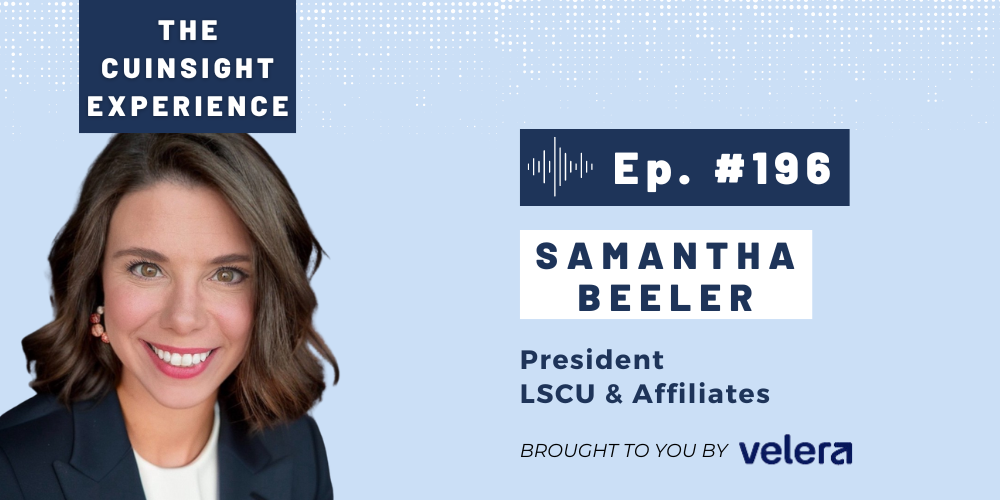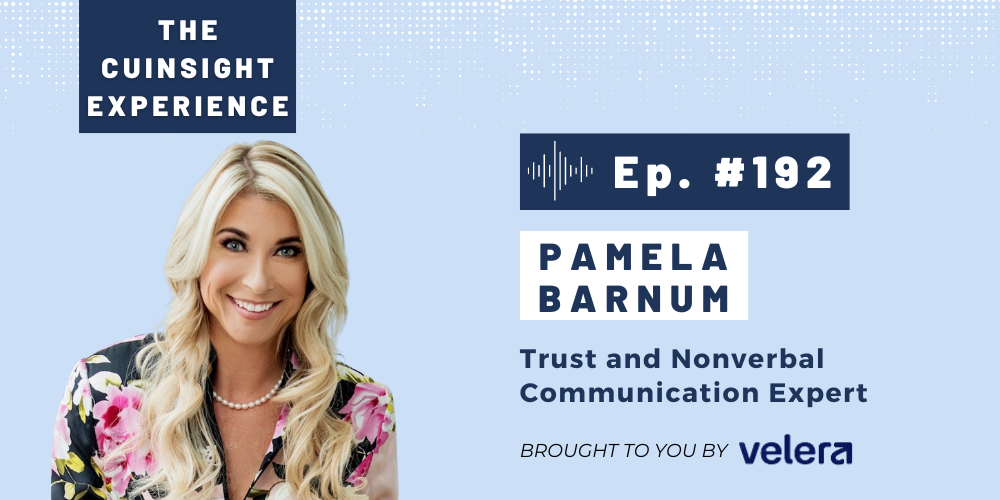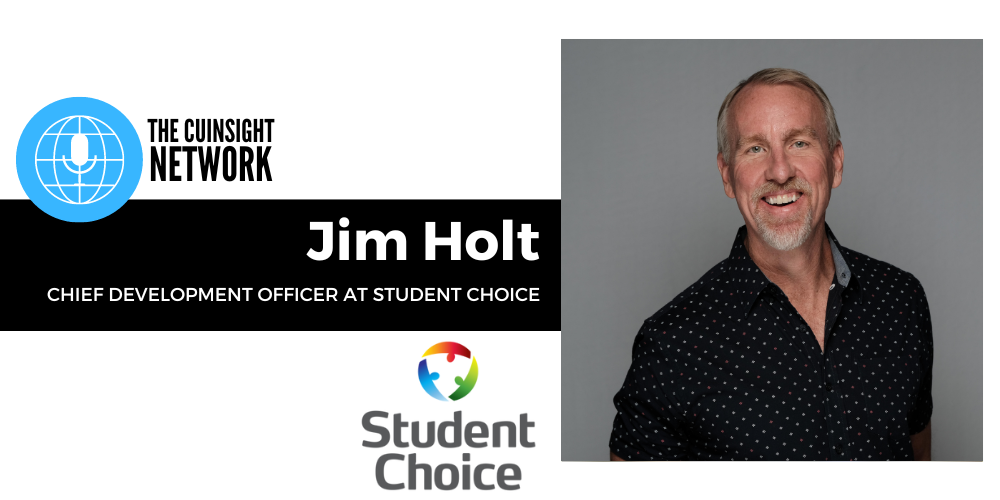You’ve found your dream job and sailed through the screening process. You are wrapping up a fantastic interview where you connected easily with the search committee, sharing your ideas to carry the organization forward. You have a good feeling about this! Just as you start to relax and take a deep breath, one last inquiry is made: What questions do you have for us?
Your mind suddenly goes blank. You had done research about the organization and the role ahead of time. The engaging dialogue throughout the interview made you even more confident you want this job. There really isn’t anything else you need to know to move forward, but it would be a mistake to miss this opportunity.
The candidate’s chance to ask questions of the search committee is a key element of the interview process, and one more way to stand out as the right choice. It is also one of the most overlooked and often missed opportunities. As a hiring manager or a recruiter, I find myself on pins and needs for the candidates when we get to this point: I have seen many great interviews quickly go south when this time is focused on compensation or benefits rather than strategy and insight.
Curious if this was just a personal pet peeve or a belief shared by other experts, I reached out to Lisa Burroughs, Director of Search and Strategy at O’Rourke & Associates for her perspective. Burroughs shared that by the time candidates are presented for an interview, they have already been well-vetted and deemed fully capable of doing the job. A primary purpose of the interview is to assess cultural fit and chemistry. “At O’Rourke, we spend a lot of time educating candidates about what the board is looking for in their next CEO. Smart candidates leverage that knowledge in their answers to questions and in the questions they ask.”
Here are ten appropriate questions to ask at the end of an interview. Bring three or four with you to your next interview and you won’t miss your opportunity to stand out.
1. What characteristics are most important for someone to bring to this role?
After listening to their answer, it is appropriate to respond with why you are confident that you possess those characteristics.
2. What are some of the biggest challenges or obstacles that I might encounter in the first year?
After you have listened, acknowledge the reality of these challenges and explain any experience you have overcoming similar obstacles or lessons you have learned that may be applied.
3. How would you describe the team I will get to work with?
This is a good chance to understand the organizational culture. Be honest with yourself: Will you like the fit? If not, is there an appetite to change this culture for the better? How easily will others come along?
4.What is the first thing I should do or learn in order to set the stage for success?
Take the opportunity to show that you are ready to make a difference from your very first day… and that you are already thinking about how you will add value.
5. What was the greatest strength of the person who previously filled this role?
Listen carefully here… The response should leave you confident that employees are valued and help you understand what kind of shoes you need to fill.
6. Why are you looking to fill this role now?
Maybe you already know why the role is open: It is a new position, your predecessor was promoted or retired, or he or she left the organization. If you don’t know, the response to this question will give you one more chance to understand how employees are valued, as well as if there are skeletons in the closet that might need to be addressed with remaining team members.
7. What does the organization value most? Are defined values communicated to employees?
For the candidate, this provides an opportunity to gain insight into organizational culture, while also showing an interest in working somewhere he or she will really belong. For the organization, it positions the candidate as a team player who wants to be part of something greater than him- or herself.
8. What is the organization’s philosophy on employee training and development?
If continued growth is important to you, an answer that demonstrates commitment to employee development should make you feel good about accepting this position. Asking this question gives an opportunity to show your interest in ongoing education and self-improvement, and also provides a look at the value the organization places on its people.
9. One year from now, what will we have accomplished together that will make you proud of hiring me?
This is a great opportunity to show enthusiasm for how you can help the organization reach its goals. After listening, you can respond with your ideas for how to get to that end point.
10. What are the next steps in the hiring process?
While questions about salary and benefits are not appropriate during the interview, this question demonstrates an enthusiasm for moving forward, and a desire to be well-prepared for whatever may come next in the screening process.








